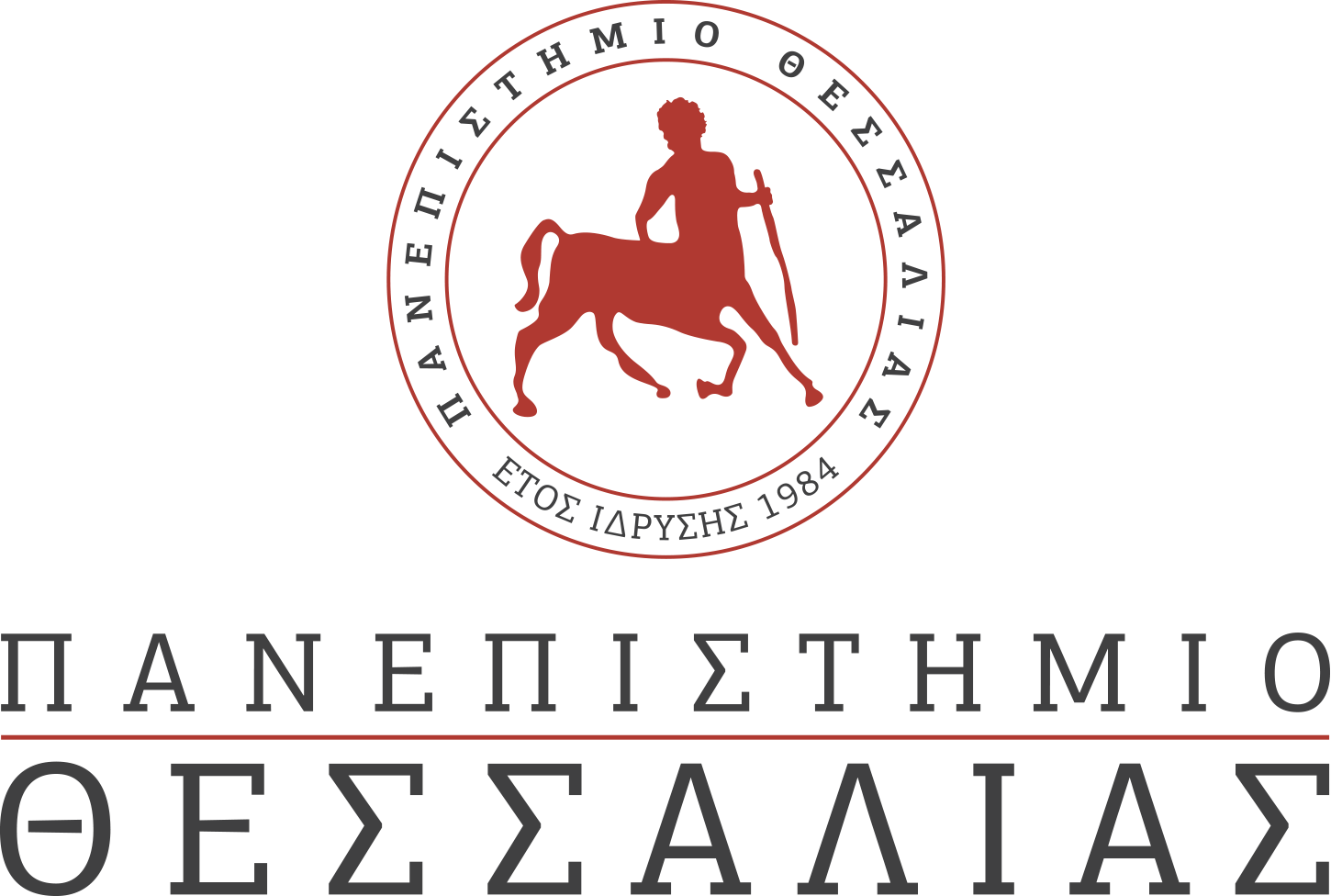| Γενικοί σύνδεσμοι |
|---|
| The big debate about the future of work, explained Why economists and futurists disagree about the future of the labor market. | PBS FRONTLINE (2020) Amazon Empire: The Rise and Reign of Jeff Bezos An inside look at how Amazon CEO Jeff Bezos built one of the largest and most influential economic forces in the world — and the cost of Amazon’s convenience. Jeff Bezos is not only the richest man in the world, he has built a business that is without precedent in the history of American capitalism. His power to shape everything from the future of work to the future of commerce to the future of technology is unrivaled. As politicians and regulators around the world start to consider the global impact of Amazon — and how to rein in Bezos’ power — FRONTLINE investigates how he executed a plan to build one of the most influential economic and cultural forces in the world. | Audio: Aaron Benanav — Automation and the Future of Work Audio: Aaron Benanav — Automation and the Future of WorkOn September 7, Aaron Benanav, whose A Global History of Unemployment, Since 1949 will be published by Verso in 2019, delivered the first talk in the International Institute of Research and Education's new Radical Futures lecture series.
"This discourse of automation is a kind of fetish discourse," Benanav says, "it takes the consequences of a social process — a very complex, unfolding social logic — and presents it as if it were a technological inevitability...But I don't for that reason want to dismiss the automation discourse out-of-hand. If the automation discourse appears periodically in the history of capitalism, it's for a very good reason. Talking about automation is a way of talking about a very basic and real problem in the labor market: it's getting harder and harder to find steady work." | Disruption 2020: An Interview With Clayton M. Christensen | AI: A Double Edged Sword // Documentary | Why central banks want to launch digital currencies Interest in bitcoin and other cryptocurrencies may be surging, but central banks don't want to be left behind by financial innovation. In fact, more than 80% are examining how to launch digital versions of their own currencies. CNBC's Joumanna Bercetche takes a look at why these cautious institutions may soon be launching a revolution in how we think about money. | Study about the impact of open source software and hardware on technological independence, competitiveness and innovation in the EU economy
Open Source is increasingly used in digital technologies. This required an in-depth analysis of its current role, position and potential for the European economy. Open Source Software (OSS) has become mainstream across all sectors of the software industry over the past decade. Conversely, the level of maturity of Open Source Hardware (OSH) currently appears far lower. However, the business ecosystem for OSH is developing fast. If OSH is to follow the same development as OSS, it could constitute a cornerstone of the future Internet of Things (IoT), the future of computing and the digital transformation of the European industry at the end of the digital decade. The objective of the study was to investigate and quantify the economic impact of OSS and OSH on the European economy. The study also identified strengths, weaknesses, opportunities and challenges of open source in relevant ICT policies, such as cybersecurity, artificial intelligence (AI), digitising European industry, the connected car, high performance computing, big data, distributed ledger technologies, and more. Economic evidence of the footprint of open source in the EU has been collected. A list of policy options to maximize the benefit of open source supporting a competitive EU software and hardware industry, which in turn supports the twin environmental and digital transformation of the EU economy is also proposed. There are clear signals from investors on the huge value and potential of open source. Policies to maximize the return in Europe of this value may be required. In the short-term, the findings of the study will be used as a basis for policy options in many digital areas. In the long-term, the findings can be used for a new open source policy focused on the EU economy as a whole. The main breakthrough of the study is the identification of open source as a public good. This shows a change of paradigm from the previous irreconcilable difference between closed and open source, and points to a new era in which digital businesses are built using open source assets. This information is essential to develop policy actions in the field. The study also values the economic impact of open source commitments on the EU economy. |
| Κατηγορίες συνδέσμων |
|---|
| 2.Τεχνολογική Αλλαγή και Οικονομικές Κρίσεις |
| 3.Θεωρίες καινοτομίας |
| 4. Διανοητική Περιουσία |
| 5. Ρητή και άρρητη γνώση |
| 6. Εξάρτηση Διαδρομής, Τεχνολογικά Πρότυπα και Κυρίαρχο Σχέδιο |
| 7. Αφομοιωτική Ικανότητα |
| - Δεν υπάρχουν σύνδεσμοι σε αυτή την κατηγορία - |
| 8. Τεχνολογία, Καινοτομία, Επιχειρηματικότητα και Θεωρίες της Επιχείρησης |
| - Δεν υπάρχουν σύνδεσμοι σε αυτή την κατηγορία - |
| 9. Δίκτυα Καινοτομίας & Οικονομική Γεωγραφία |
| Ron Boschma: Proximity and Innovation: A Critical Assessment O Ron Boschma εξηγεί την έννοια της Εγγύτητας γενικότερα, και δίνει παραδείγματα για την Γεωγραφική και Γνωστική Εγγύτητα. |
| 10. Συστήματα Καινοτομίας και Συστάδες Καινοτομίας |
| 11. Κοινωνικο-τεχνικές Μεταβάσεις |
| 12. Πολιτική για Ε&Τ&Κ |
| 13. Τεχνολογική Αλλαγή στην Οικονομική Σκέψη |
